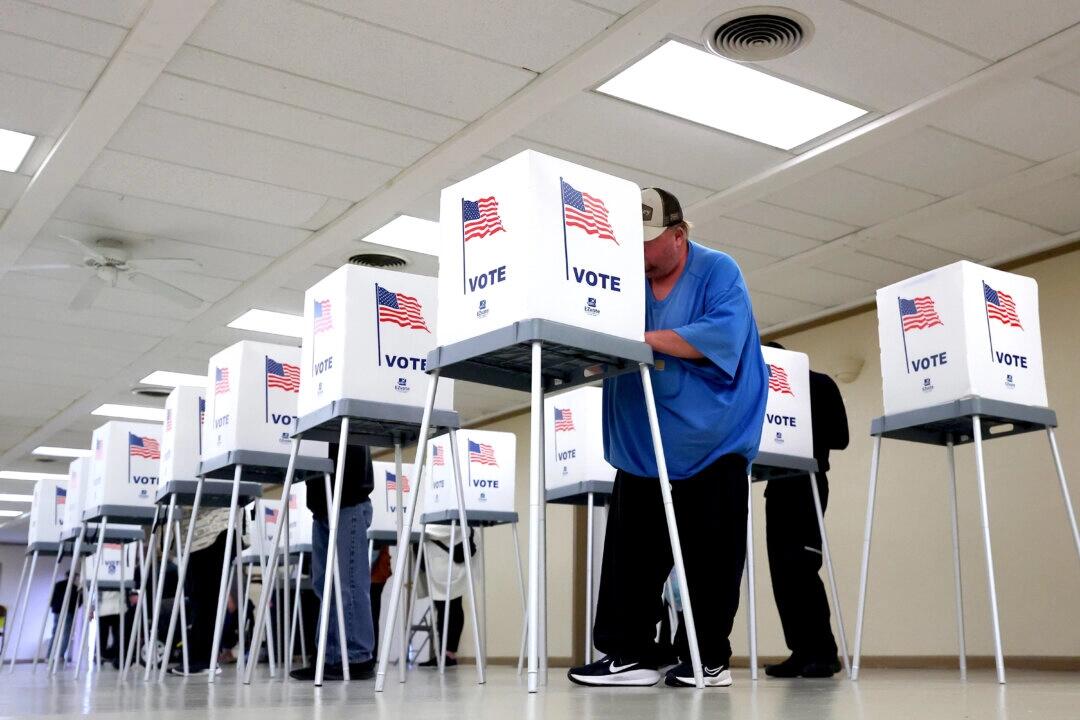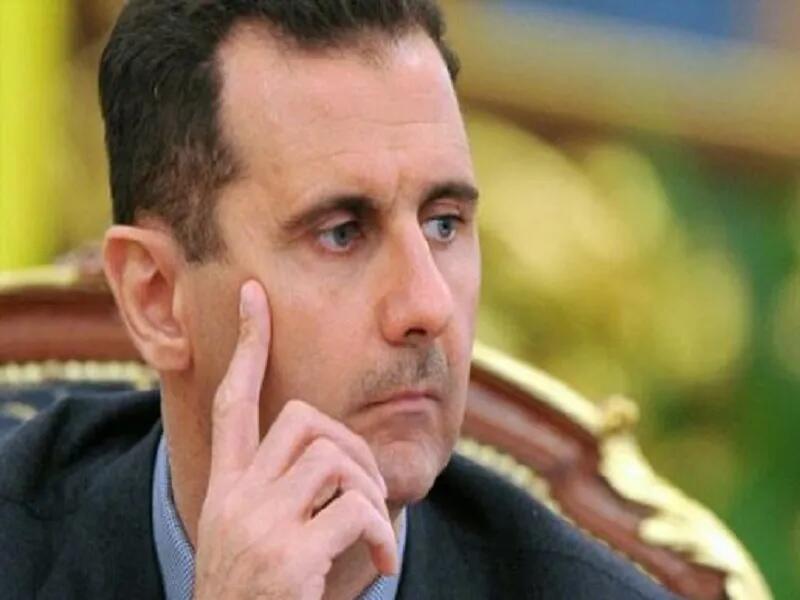by Jacob Burg via The Epoch Times,
Next year could be pivotal for both Democrats and Republicans, as the former will look to regain ground after an array of losses in 2024, while their opponents are eager to grow their existing electoral advantages.
Even though 2025 will lack the same decisive electoral landscape seen in general election years like 2024—where control for both Congress and the White House was hanging in the balance—there are key contests next year that could test both Republicans’ and Democrats’ viability moving forward.
These races will also determine the extent and strength of public support for President-elect Donald Trump and whether his victories across the Electoral College and national popular vote are indicative of a broader mandate, as he and his allies have suggested.
Here are some of the critical races to watch in 2025.
Virginia Governor and Legislature
Virginia is one of several states where Trump improved on his 2020 numbers. That year he secured 44 percent with roughly 1.96 million votes. But this year, Trump climbed to 46.6 percent, with 2.01 million votes.
Virginia governors are limited to a single term, which means Republican Gov. Glenn Youngkin cannot run for reelection. When Youngkin won in 2021, he was the first Republican to win a statewide election in the Old Dominion since 2009.
While Virginia has voted for a Democrat presidential candidate in every election since 2008, Vice President Kamala Harris’s margin of victory was 5.2 percent, compared to then-candidate Joe Biden’s 10.1 percent margin of victory in 2020.
Virginia’s Republican attorney general Jason Miyares has decided not to run, leaving the field open for Lt. Gov. Winsome Earle-Sears, a Republican who Younkin endorsed as his successor.
Rep. Abigail Spanberger (D-Va.) launched her gubernatorial campaign in late 2023, which could create a scenario for Virginia to elect its first female governor if she wins the Democrat primary and runs against Earle-Sears, the first woman to serve as the state’s lieutenant governor.
Trump’s performance next year could be critical for the race, particularly among voters in Virginia’s Washington suburbs.
Two years ago, Democrats were able to flip control of Virginia’s House of Delegates, one-half of its state legislature, to give them a slim 51–49 majority.
After Trump halved Democrats’ White House margins between 2020 and 2024 in the Old Dominion, these races next year could be a critical test of whether that GOP performance will endure past 2024.
Democrats also hold a narrow majority in Virginia’s state Senate, 21–19. They will try to hold onto those advantages while Republicans will battle for potential upsets, which will be critical if Democrats win the governor’s race.
The GOP would need control of Virginia’s Legislature to check the agenda of a potential incoming Democrat governor if Republicans lose that race.
New Jersey Governor
Like Virginia, Trump’s numbers vastly improved in New Jersey in 2024. Four years ago, Biden carried the state by 15.94 percent, but Harris’s win this year was by a far smaller margin of 5.9 percent.
This was indicative of a broader trend in 2024, where Trump made considerable gains in multiple blue states compared with 2020.
In New Jersey, Republicans are hoping to carry that success into 2025 by flipping the governor’s mansion.
Democrat Gov. Phil Murphy is term-limited, and his margin of victory in 2021 was just 3 points, far smaller than his 13.5-point win in 2017.
State Reps. Mikie Sherrill and Josh Gottheimer, Newark Mayor Ras Baraka, Jersey City Mayor Steven Fulop, former Montclair Mayor Sean Spiller, and former state Senate President Steve Sweeney are among Democrats mulling the gubernatorial primary.
Republican Jack Ciattarelli, who lost to Murphy in 2021, is considering next year’s GOP primary along with radio host Bill Spadea, state Sen. Jon Bramnick, and former state Sen. Ed Durr. Trump’s looming endorsement could impact who clinches the Republican primary in 2025.
New York City Mayor
In another historically blue state, there’s a critical test for New York City Major Eric Adams, a Democrat, who is up for reelection next year amid low approval ratings and federal corruption charges.
According to a Justice Department statement, prosecutors allege in September that Adams “has used his prominent positions in New York City government to obtain illegal campaign contributions and luxury travel” and “solicited and accepted these benefits from foreign nationals, businessmen, and others.”
“By allegedly taking improper and illegal benefits from foreign nationals—including to allow a Manhattan skyscraper to open without a fire inspection—Adams put the interests of his benefactors, including a foreign official, above those of his constituents,” U.S. Attorney Damian Williams said in the statement.
Adams has denied any wrongdoing and pleaded not guilty to the charges. The federal trial is set to begin in April 2025.
Many Democrats have entered the race to challenge the incumbent, including New York City Comptroller Brad Lander, New York State Assemblyman Zohran Mamdani, state senators Zellnor Myrie and Jessica Ramos, former New York City Comptroller Scott Stringer, former Obama White House aide Michael Blake, and Democrat donor Whitney Tilson.
Attorney Jim Walden, an independent, will also run in the race.
Wisconsin Supreme Court
In 2025, partisan control of Wisconsin’s Supreme Court will be on the ballot.
Currently at a 4–3 liberal majority, Wisconsin’s high court will split to 3–3 after Justice Ann Walsh Bradley’s retirement.
Those running for Bradley’s seat are Dane County Judge Susan Crawford, a liberal, and former state Attorney General Brad Schimel, a Republican.
In addition to Planned Parenthood of Wisconsin, Crawford also represented the Madison teachers union during their lawsuit challenging former Republican Gov. Scott Walker’s Act 10, which restricted many public workers’ collective bargaining rights.
Schimel, who is now a Waukesha County Circuit Court judge, handled several prominent cases as attorney general, including an appeal to state legislative maps that were struck down as an unconstitutional gerrymander in 2016.
The case was heard by the U.S. Supreme Court and successfully appealed.
Schimel also appealed a case trying to revive a 2013 law that said physicians with admitting privileges to a hospital within 30 miles of an abortion procedure were the only doctors who could perform the procedure.
The case was brought before the U.S. Supreme Court, which declined to hear the case.
In 2023, the last time Wisconsin’s Supreme Court partisan control was on the ballot, groups broke records and spent tens of millions of dollars in advertising on the election cycle.
https://www.zerohedge.com/political/5-critical-elections-watch-out-2025



